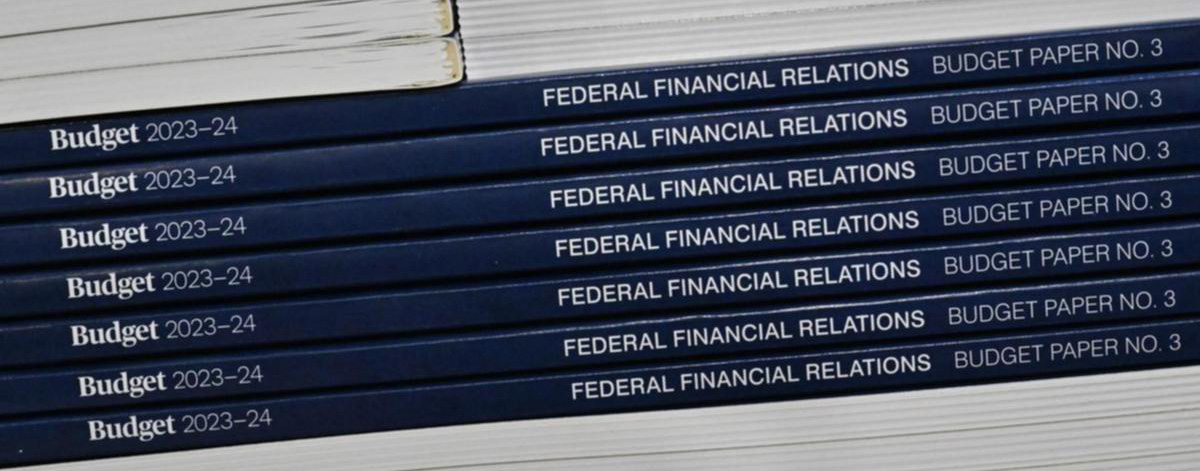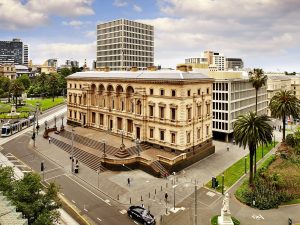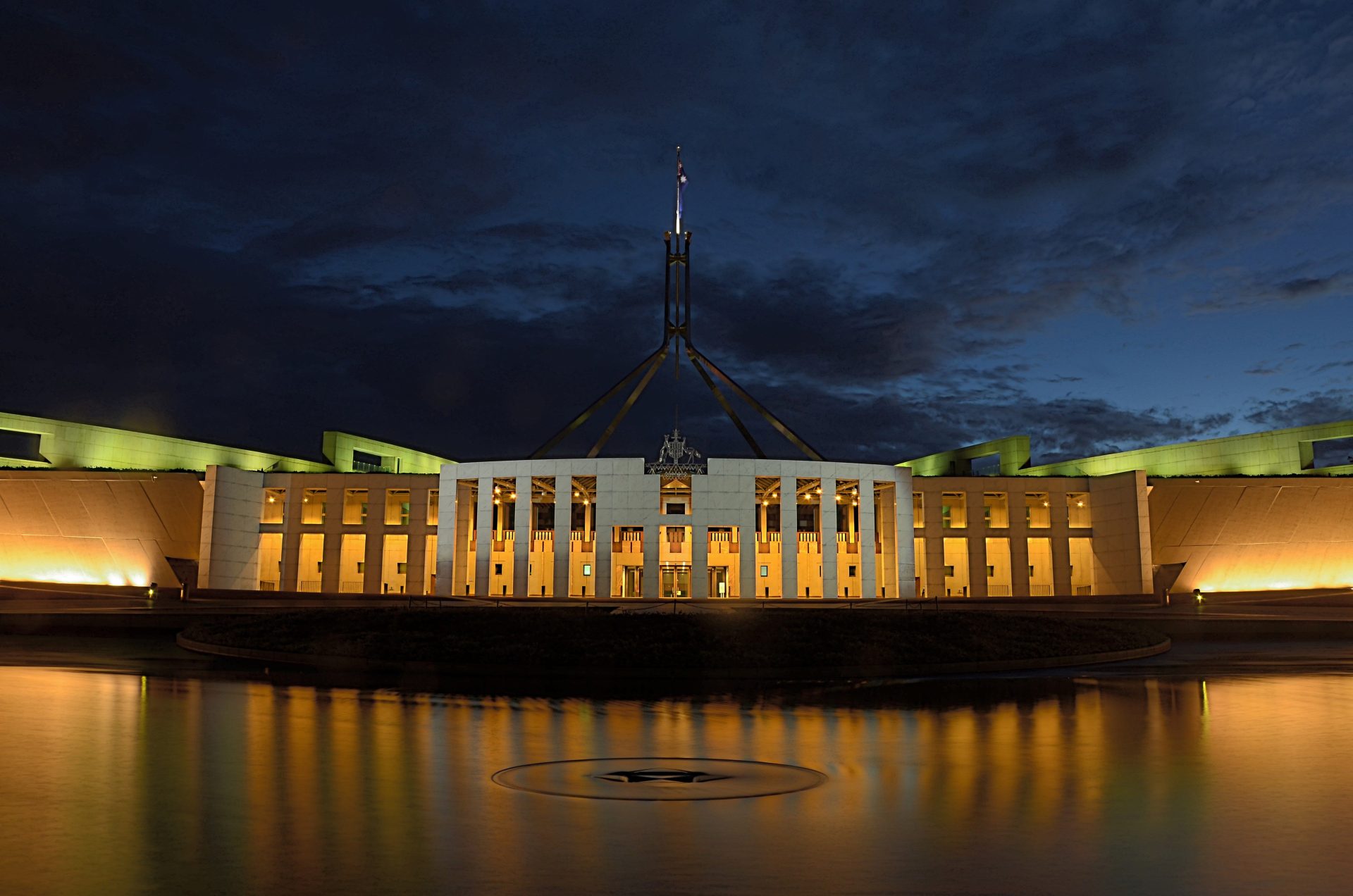 Words by Gordon Hunter Meredith
Words by Gordon Hunter Meredith
Analysis by Aisling Acton
Tomorrow, Treasurer Jim Chalmers will deliver his first substantive Federal Budget on Tuesday 9 May 2023.
Chalmers’ announcement will kick off “Budget Season”, with state and territory governments to follow with their 2023/24 budgets throughout May and June.
Prime Minister Anthony Albanese has promised a “responsible budget” marked by “spending restraint” however a recent financial windfall from the oil and gas sector will fund a multibillion-dollar energy relief package for 5.5 million households.
State and territory budgets are likely to be less generous with Victoria reporting a $115 billion loss.
In New South Wales, where Chris Minns is newly elected, this budget cycle will be all about making good on election commitments.
Across Australia, the decisions that government’s make in their budgets clearly signpost each administration’s appetite for different projects.
If you fail to secure funding in this budget, you should start doing the work to prepare your organisation for next year’s budget cycle and beyond.
Against this backdrop, we have prepared an overview of how to prepare and compile a budget submission, but also of how you can establish a government relations strategy to support your goals.
When is the best time to start submissions?

No matter when the media hype about an upcoming budget begins, governments tend to follow a set timeline.
Budget papers are usually printed a fortnight before budget night itself, and in turn, the final figures are usually finalised at least a month prior (noting that some measures, particularly those that are sensitive or amount to a “signature” policy announcement, will be agreed and announced as late as budget day itself).
Immediately following a budget, ministerial offices and departments will start meeting with stakeholders to discuss both the strengths and deficiencies of the recently announced funding. This is an opportunity for organisations to understand how funding can be of benefit, and to make the case for what they want to see in future budgets.
For these reasons, organisations should aim to provide their submissions to government at least four months before budget day.
This doesn’t mean organisations should wait until that date to start contacting ministers and departments, and to socialise and build support for an idea.
It is never too early to engage and submit budget requests to departments and ministerial offices.
What does a budget submission need to include?

Budget submissions are your organisation’s opportunity to show government how your need for resources aligns with community needs and government priorities.
The most successful funding pitches usually hit a “sweet spot” between good policy and good politics.
Due to the large number of submissions governments receive, it should be presumed that only the opening pages of your submission will be read. Make sure that yours is clear and concise, and that you spend the majority of your time focussed on the proposed solution, as opposed to labouring the problem at hand.
When planning your organisation’s submission, it can be helpful to ask yourself;
- What are the key themes of your submission?
These will guide the structure of your document - What are the problems government is trying to solve?
Aligning your needs to government’s needs will make your proposal robust - What are other stakeholders thinking and saying?
Your proposal will be strengthened if it allows government to help multiple stakeholders at the same time.
It is also helpful to look ahead to the medium term. Each budget covers a four-year window – the forthcoming financial year as well as “forward estimates” for the following three years.
In tighter budget years (as this cycle is predicted to be), it is also worth highlighting how your proposal can increase efficiency and reduce downstream costs.
Who will be reading your submission?
It’s important to consider the two distinct audiences who will be reading your budget submission, and their varying perspectives and needs.

Treasury Place, Melbourne
Ministerial offices
will review your proposal from an executive viewpoint and will be considering many asks from multiple stakeholders.
As such they require:
– Sharp and concise content.
– Brief explanations of the problem.
– Clear explanations of the benefits of investment.
– Scalable options.
Departments
will dive deeper into your evidence and costings, which you can provide in appendices.
It is wise to explore your problem and proposed solution with departments, central agencies and advisers ahead of submitting to the Minister’s office, and to follow up with them throughout the preparation process as you incorporate their feedback into your proposal.

Preparing a budget submission for government requires careful consideration and planning. Organisations need to understand the context of their submission, be realistic and transparent about the costs and timeline, and ideally align their proposal with the government’s policy goals.
It is also, most importantly, a great opportunity to explain the value that your project has for the community.
You should consider how government relations, media and other strategic communications and coalitions of support can help ensure your funding pitch is at the front of the pack.
If you would like further information on budget submissions or would like assistance in preparing your next proposal, please contact us here.


